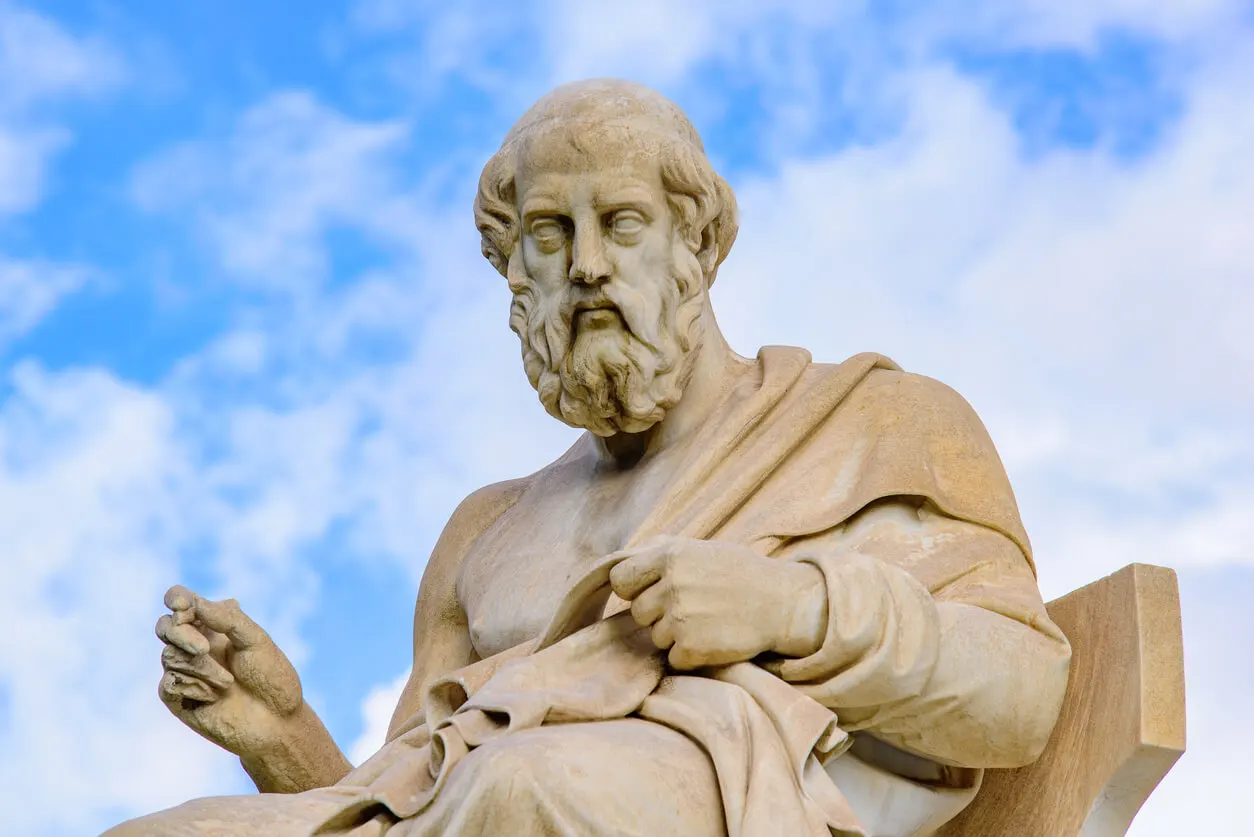The Ring of Gyges: Plato's Important Lesson

The story of the ring of Gyges, presented in Book II of the Platonic work The Republic, raises a rather interesting ethical dilemma. Are people good and just by nature? Or do we act correctly out of fear of being punished?
This story is presented through a conversation between Socrates and Glaucon, Plato’s brother. There, both philosophers are discussing the notion of justice and show two opposing positions on it.
Socrates, on the one hand, argues that justice is good in itself and that just people will always act in accordance with it. On the other hand, his interlocutor asserts the opposite and assumes that justice is only a useful measure to guarantee equality in society; therefore, anyone who has the opportunity to commit injustice without being punished will do so without thinking.
Let’s take a closer look at what the story consists of and the ethical reflections that can be drawn from it.
The story of the ring of Gyges
Gyges was a humble Greek shepherd who served the king of Lydia. One day, he was his grazing flock in the field and noticed a crack in the ground several meters deep that had been caused by an earthquake.
Amazed by what he had just seen, Gyges descended into the newly opened crack. There he found, among other wondrous things, a hollow bronze horse with a corpse larger than a human size inside it.
The corpse was naked and had a gold ring on one of its fingers. Gyges took it and left.
Later, Gyges discovered by chance that, if he turned the precious stone of the ring to the inner side of the finger, he was able to become invisible.
Seeing that the ring had such power, he had himself included among the shepherds who were to report to the king. Arriving at the palace, he seduced the queen and with her help got rid of the king, thus seizing the throne.

Read about: Social Darwinism: An Idea that Should Never Have Existed?
Glaucon’s argument
With the story of the ring of Gyges, Glaucon seeks to reflect that, if we all had the opportunity to commit unjust acts without anyone seeing us and punishing us for it, we would likely do it without thinking about it. In this case, we could commit heinous acts, such as abusing anyone, killing a few, stealing… in short, violating the laws without any scruples.
Glaucon’s argument is that people are not naturally good. In turn, in the absence of punishments to regulate behavior, be believes we will all seek selfish benefits, even if this means harming or damaging another.
Thus, according to this philosophy, it’s necessary and useful to have laws that punish unjust acts. Only in this way can we avoid doing harm to others to ensure our personal benefit.
Glaucon argues that if a just person had one of the powerful rings while the other went to an unfair person, we could not distinguish between them. This is because the feeling of impunity would cause both to abuse others in order to get what they want.
Thus, Glaucon assumes that no one is just by his or her own will, but only due to necessity. He also claims that being just is not good for anyone in particular, since anyone becomes unjust as soon as he or she can do so without fear of being found out.
Therefore, injustice will always be more advantageous than justice. If anyone, upon having such a power, did not want to harm anyone, everyone would look upon them as wretched or stupid.
The counterargument
Note that Plato did not share this view of Glaucon. In fact, he defended that a properly instructed human being could be good and just. This is because he believed that the Good was Truth. He also believed that, to the extent that humans were aware, there was no other way to act.
Furthermore, Plato insisted that it will always be in our best interest to do what is just or right. This is because evil actions damage our souls and our character.
Beyond Plato’s conceptions, let’s keep in mind that most people have a series of moral precepts. These inner rules regulate our behavior and prevent us from acting like psychopaths if we possessed the ring of Gyges.
For example, many people would be incapable of killing or assaulting others, even if we had such power in our hands. In fact, we might even assume that many would use the ring to do good.
In other words, while we can’t deny that human beings are selfish (some more than others), it’s also true that many would care about procuring good for others to some extent.

Read about: The Differences Between the Philosophies of Aristotle and Plato
The Ring of Gyges in literature and film
The story of the Ring of Gyges presents an analogy with the Lord of the Rings and Harry Potter. After all, the authors of these present their main characters as bearers of integral and inviolable moral values, even when they possess objects that have the power to make them invisible.
Furthermore, in both works, there are two exemplary characters: Gandalf and Dumbledore. They perform and protect the good at all costs. Both figures, with their good behaviors, remind us of Plato’s thoughts and his ethical teachings. They state that once humans know Good, they will always act in accordance with it.
So what about you? What would you do if you had in your hands the ring of Gyges?
All cited sources were thoroughly reviewed by our team to ensure their quality, reliability, currency, and validity. The bibliography of this article was considered reliable and of academic or scientific accuracy.
- Platón. La República. Madrid: Editorial Alianza; 2005.
- Brown E. Plato’s Ethics and Politics in The Republic [Internet]. California: Stanford Encyclopedia of Philosophy; 2017 [consultado 25 mayo 2022]. Disponible en: https://plato.stanford.edu/entries/plato-ethics-politics/
This text is provided for informational purposes only and does not replace consultation with a professional. If in doubt, consult your specialist.








